| ISBN | 978-0921159-18-6 |
|---|---|
| Type | ePub |
| Published | 2017 |
A Casebook of Community Practice (2nd edition) ebook
eBooksEdited by Bill Lee and Sarah Todd
Bill Lee and Sarah Todd have assembled a collection of case studies from community practitioners and scholars that reflect actual struggles and successes in community practice in Canada and around the world. The book is specifically designed to aid the teaching of community practice.
There are twenty-seven case studies organized within three themes: the beginning phase of community practice, dealing with internal challenges, and seeking to achieve social justice. This allows educators to progress through real-life scenarios, exploring what practitioners can encounter at various points in the community process.
Each individual scenario describes the actors and events, followed by a series of questions and suggested readings to explore issues further. Authors outline strategies and analysis they used to resolve the situation and what outcomes (both positive and negative) occurred. Each scenario is followed by further questions that can be used to facilitate individual and group discussion.
This book provides the opportunity for students and seasoned organizers to reflect on their own practice, gain a deeper understanding of the tensions in community work, and explore the possibilities for innovation.
$22.00
4 reviews for A Casebook of Community Practice (2nd edition) ebook
You must be logged in to post a review.
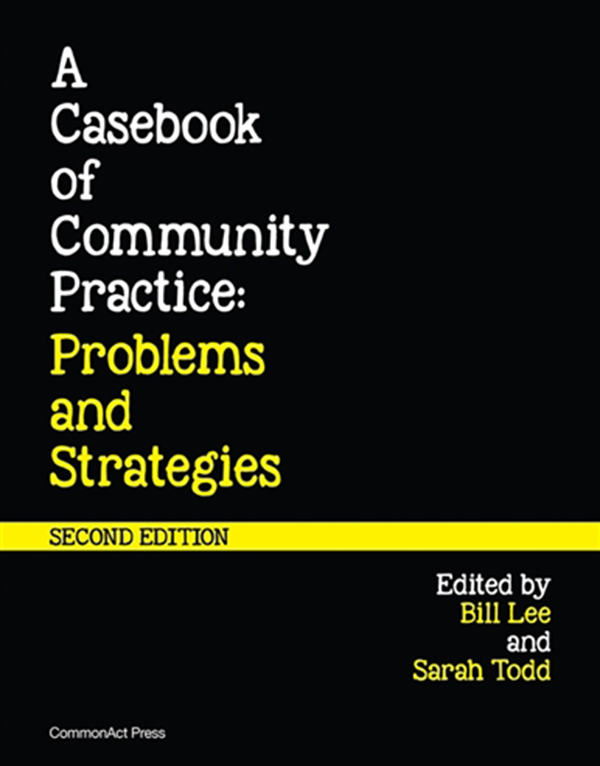
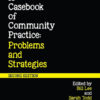


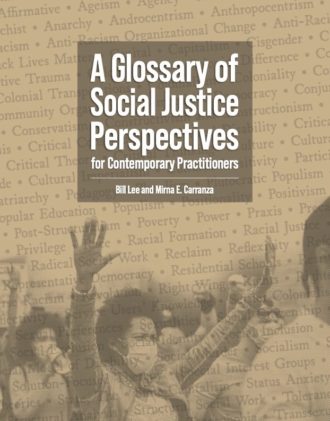
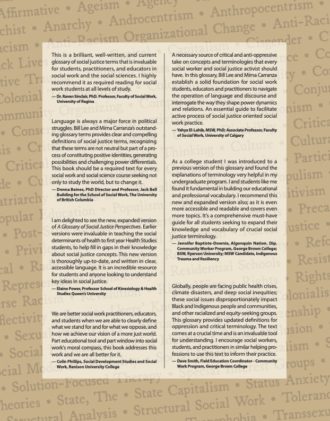
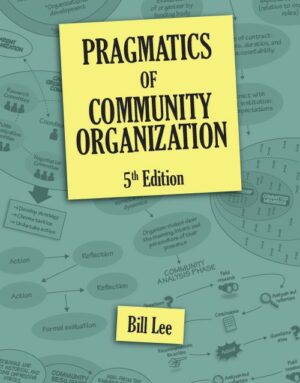
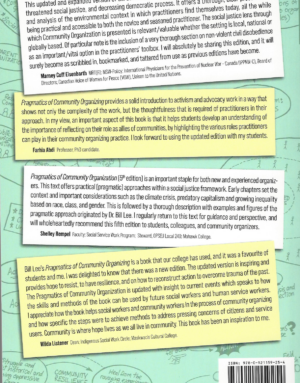
Shelley Rempel, BSW, MA, Professor, Social Services Worker Program, Mohawk College –
I was very impressed by the diversity, quality, and number of experiences offered. The use of both local and international settings helped to illuminate the commonality of some community work, while at the same time illustrating the glaring differences.
Jane Cruikshank, PhD, Professor, Faculty of Social Work, University of Regina –
A wonderful resource and will be a tremendous help for faculty and students. I plan to use it as a companion book with Pragmatics of Community Organization.
Joan Kuyek, Author: Community Organizing: A Wholistic Approach –
The scenarios in Lee and Todd’s Casebook provide timely and important insights for social workers into the practical difficulties of community-based practice. An excellent teaching resource.
Maureen Wilson, PhD, Professor Emerita University of Calgary –
This excellent and useful volume is a welcome addition to our literature on community work, and a valuable resource for classroom learning.
The predictable consequences of decades of global hegemony of neoliberalism – the exacerbation of poverty, social inequalities and environmental degradation – have rendered many of those whose circumstances have been reduced under neoliberal policies vulnerable to the appeal of the simplistic solutions of reactionary, nativistic right-wing social and political movements.
In this context and conjuncture, the importance of the contributions of a book such as this cannot be overstated. There is a need for progressives to think carefully about the best use of the scarce resources available to us to advance progressive agendas. The Casebook of Community Practice represents a rich source of stories and case material which will be invaluable in assisting both practitioners and students in developing and sharpening their cognitive and practice skills for effectiveness in carrying out this critical work.
Written and edited by an admirably diverse group of activists, scholars and practitioners sharing a commitment to ending oppression and achieving social/environmental justice, this collection is informed by critical perspectives and reality-checked by the real-world experiences of its contributors.
For each scenario in the Casebook, the authors describe the context and setting against which the work was carried out, recount their stories of events, explain how and why particular choices were made, and talk about the outcomes. Supplementary readings/resources are suggested and questions are posed with each chapter, to assist students in considering the contradictions in the context and potential strategies. In addition, suggestions are made as to how students could be actively engaged in working with each case, examining competing theoretical perspectives in carrying out broader structural analysis, assessing alternatives and opportunities for action, proposing their own strategies, and thinking about evaluation of their effectiveness: reflecting on how they and those with whom they work can know when they’re making a difference.
Community practice is legitimately claimed by a variety of disciplines. This book will be an invaluable tool in helping to “make real” a range of scenarios in community work in any of these fields.